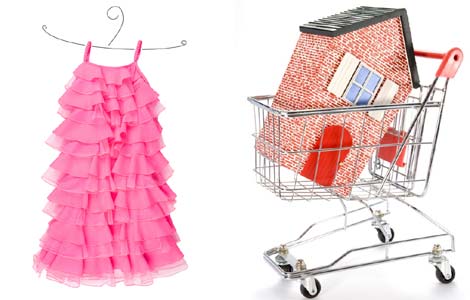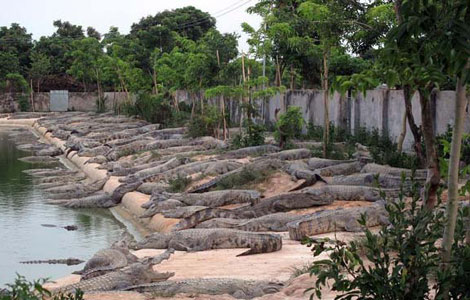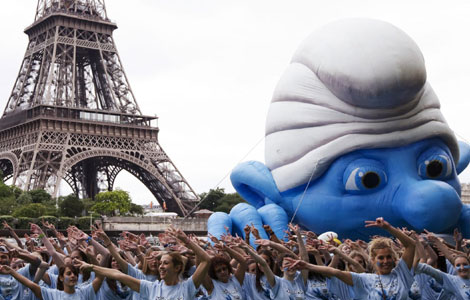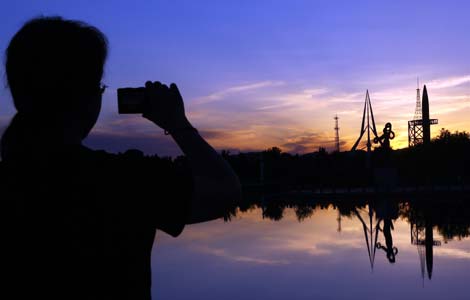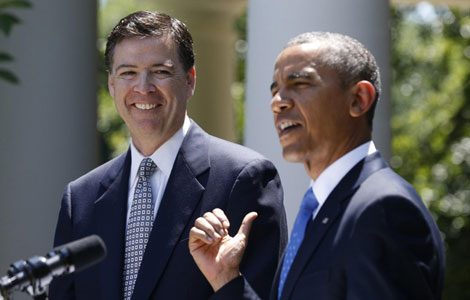Cold pills said to be safe
Updated: 2013-06-22 08:09
By Wang Qingyun (China Daily)
|
||||||||
The China Food and Drug Administration said on Thursday it did not find the two banned chemicals in a medical product that Hong Kong health authorities claimed contained the substances.
The Department of Health of the Hong Kong Special Administrative Region said on Tuesday that the Hospital Authority of Hong Kong warned the public not to buy Wei C Yin Qiao Pian, a popular cold treatment on the Chinese mainland.
They said it had tested positive for phenacetin and acinophenazone, two undeclared and banned chemicals, in one such product labeled as made by Tong'an Pharmaceutical, based in Shenzhen, Guangdong province.
The tests found no vitamin C, paracetamol or chlorpheniramine maleate, all of which are supposed to be in the medicine.
Feng Wenhua, associate professor at the Institute of Materia Medica of the Chinese Academy of Medical Sciences and Peking Union Medical College, said paracetamol can relieve fever and chlorpheniramine maleate can help with a running nose.
The announcement led the CFDA to investigate. But its results differed from those of Hong Kong's Department of Health.
"The Wei C Yin Qiao Pian that Tong'an Pharmaceutical produces are pills with a green film coat. What the Hospital Authority of Hong Kong tested was a white, uncoated pill," the CFDA said.
According to the administration, medical authorities in Shenzhen sampled eight batches of the medicine the company produced, including the batch where the sample the Hong Kong health authorities tested appeared to have come from, and found no banned chemicals.
The CFDA also said all the samples tested contained vitamin C, paracetamol and chlorpheniramine maleate in the right amounts.
The administration said the company can resume sales of the medicine.
The sample the Hong Kong health authorities tested was a white pill in an unsealed bottle labeled as "Wei C Yin Qiao Pian" produced by Tong'an Co, said the administration.
Lu Hua, head of the technology department of the company, who has returned from a discussion with Hong Kong's Department of Health, said the department's announcement on Tuesday was based on insufficient evidence.
"They came to the conclusion based on the test of only one pill in an unsealed bottle," she said.
She said the incident had an "immeasurable" impact on the company, which "reserves the right" to sue the department.
Tong'an wanted to talk to the woman who provided the sample to the Department of Health, but it was told by the department that she didn't want to see anybody, said Lu.
"We are waiting for the department to clarify it," she added.
The Department of Health issued an announcement on Thursday, saying that it did find two banned chemicals in the sample, but has no remnant for further confirmatory tests.
Kahon Chan in Hong Kong contributed to this story.
Most Viewed
Editor's Picks

|

|

|

|

|

|
Today's Top News
Building collapse injures 4 in Texas university
FIFA not considering scrapping Confed Cup
Iraq attacks kill more than 30
Man arrested for killing six in Shanghai
Surveys show weak economic confidence
Plane crash kills 2 at US air show
Soccer fans despair as coach dumped
Tropical storm Bebinca hits S China
US Weekly

|

|
